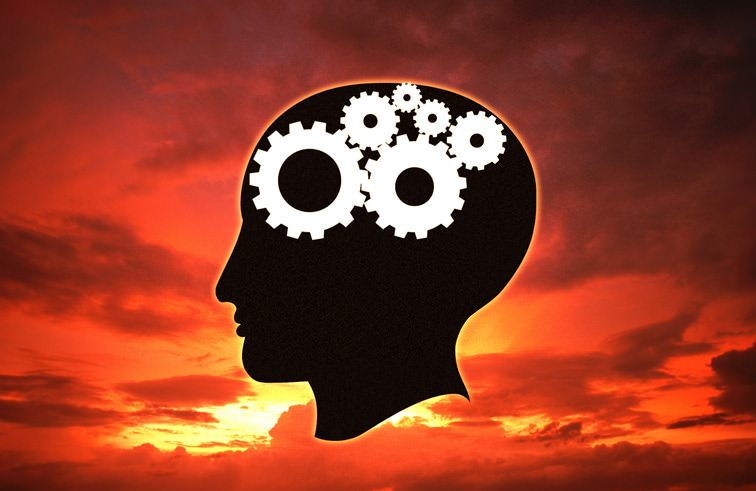
“Let me ask you two more questions,” I said. “If you still feel the same way about your temperament, then I’ll admit to being wrong.”
Allen agreed.
“You told us about taking your son to a soccer game. I gathered that he is a decent player. Can you tell me about the last time that he played so well, you burst out screaming and clapping for him?”
Allen sat quietly for a moment before he said, “It’s been a few years.”
“And when was the last time you rolled around on the floor with him, laughing so hard it hurt?” I asked.
This time his silence seemed like it went on forever. I resisted the urge to fill in the gap.
Finally, he said, “Okay, I got it.”
Allen agreed to let me coach him privately after the class. We repeated the exercise many times over the next few weeks. Between sessions, he kept a log of his experiences and a journal that helped him uncover how he felt about situations.
By the end of the month, Allen could tell his soccer story as if he were a Shakespearean actor. He reported not only a richness of experience in his home life, but a new depth of possibilities in both his work assignments and relationships.
Success and happiness requires you be fully alive and present, aware of your emotions, their source and their significance. Then you can choose the best course of action in the moment, to make a direct request or to find a way to release the emotions and go on.
Becoming intimate with your emotions is the first step to feeling the freedom of choice in your life.
OPTIMAL PRODUCTIVE STATE
According to latest research in neuroscience, the utmost goal we should strive to achieve is happiness. Antonio Damasio says that “joy and its variants lead to greater functional perfection.” Happiness increases ease, efficiency, rapidity and power in the
Download Article
















